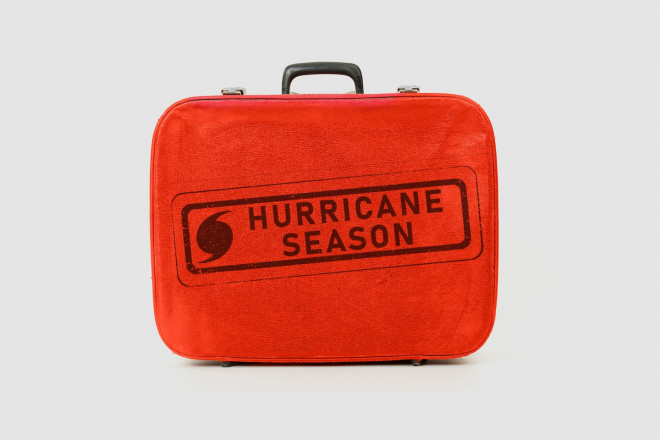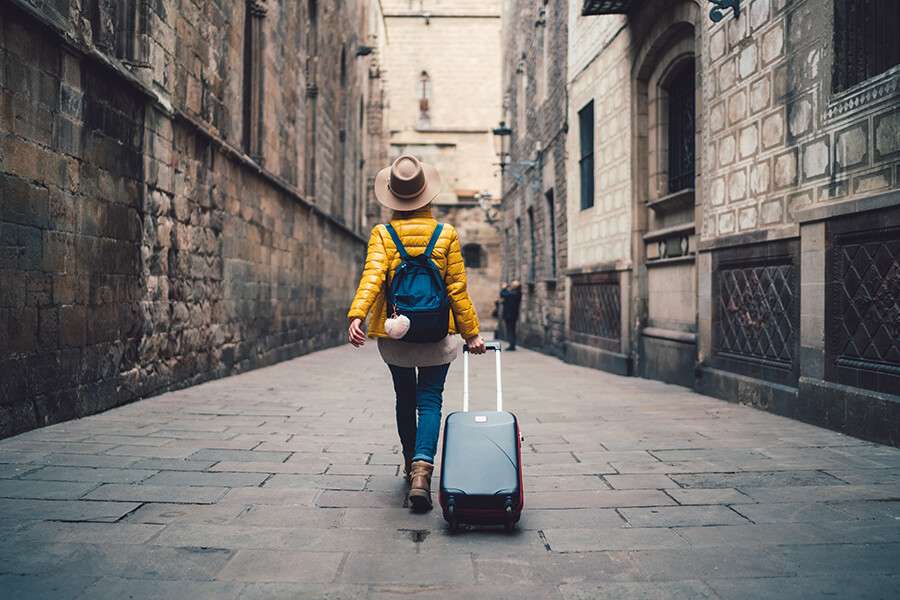6 things to know when traveling in the rainy season
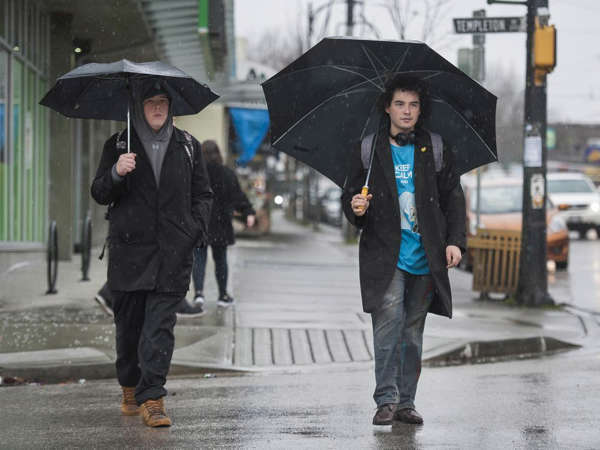
6 things to know when traveling in the rainy season
You should prepare in advance if you want to travel during this time to avoid unfortunate incidents.
According to the Washington Post, during the rainy season, airports are often closed, people and tourists in affected areas have to evacuate.
Thank you for reading this post, don't forget to subscribe!For travelers traveling during hurricane season, the most important thing is to be aware of the problem and well prepared for the trip.
You need to be well prepared when traveling in the rainy season. Photo: Washington Post.
Pack your luggage smartly
Josh Dozor, general manager of health and security assistance at risk management firm International SOS, said travelers should have a backup phone charger, especially during hurricane season. It’s important to bring all your medications, baby formula, and pet supplies if you’re traveling with a baby or pet. A hard copy of the map is also essential in case network service is limited or malfunctions.
Dozor said if travelers are in an area affected by a hurricane, they should have enough food and water for 72 hours.
Rich Harrill – Director of the Institute for International Tourism Research at the University of South Carolina, USA – also recommends having a flashlight, batteries and a good first aid kit.
Turn on alert
Mr Harrill said travelers should keep an eye on TV, radio or local news websites to keep an eye on emergency announcements.
Meanwhile, Mr Dozor said travelers need to charge their phones and turn on automatic alerts to receive notifications of tornado warnings, evacuation orders or other precautions.
Even in areas where hurricanes don’t make direct landfall, there can still be threats. So travelers should keep an eye out for emergency announcements.
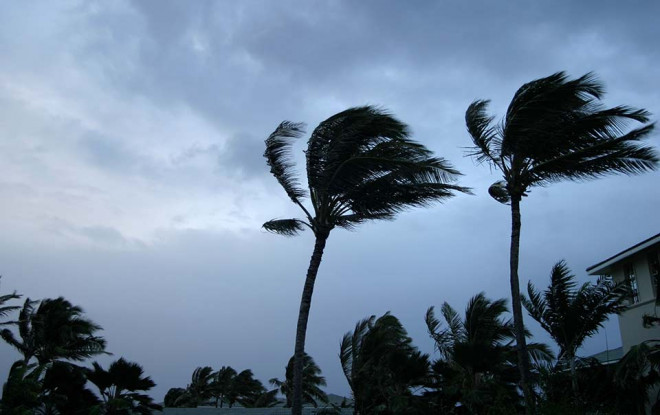
Travelers should keep an eye on emergency announcements on a regular basis. Photo: Travelers.
Hear the emergency alert
Everyone you should evacuate even if there is only a voluntary evacuation notice and certainly should if there is a mandatory order.
Tourists often don’t have a pantry or support system nearby, the main reasons for going to a safer area. Emergency workers will prioritize people with medical conditions or those unable to move.
W. Craig Fugate – former administrator of FEMA – said travelers should check to see if their hotel is in an evacuation zone and is likely to exit early.
Planning to leave
If your family doesn’t stay together, plan where and when you will meet.
“Pick a point on the map, pick a location, a time and stick to it,” Mr. Dozor said.
Travelers should be aware that hotels will likely be located along evacuation routes, not only by evacuees but also by emergency responders and power restoration workers heading in the direction of the storm. . It may be necessary to travel further than the main roads to get a place to stay.
Shipping routes may also be restricted. Many places will often shift all lanes of a highway to one direction away from the storm, or restrict travel to some lanes for emergency use only.
Prepare for the consequences
A hurricane is not just a one-day event. It can cause prolonged power outages, poor cell coverage, and shortages of fuel and food.
Travelers should make sure their phones and backup batteries are charged before a storm, and use them sparingly. Texting is better than calling to preserve battery life without losing contact.
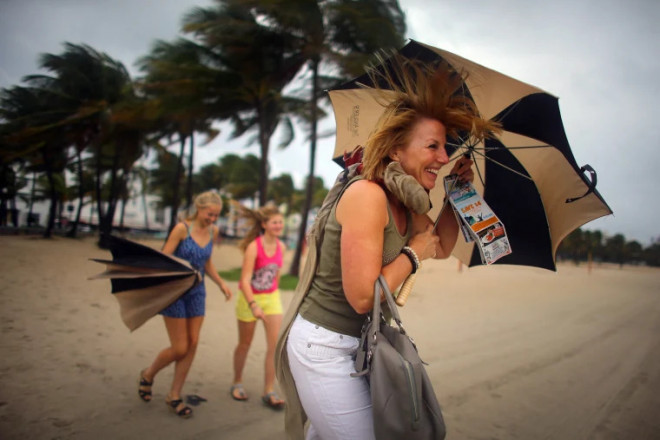
You should make sure your phone and power bank are charged before a storm. Photo: NBC News.
Interested in travel insurance
Insurance may offer some coverage if the trip is canceled because of a storm, depending on the policy. But buying insurance needs to be done before a storm hits.
Travel insurance comparison site InsureMyTrip says: “Whether it’s a tropical storm or a hurricane, once the storm is named, your options for coverage of hurricane-related events are nil. yes”.
Airlines often notify travelers to or from affected areas that they can change flights at no additional cost. Travelers who need to fly out of their destination before the storm should be aware that airports may close and flights may be cancelled.
Hotels may offer vouchers or refunds in the event of storm-related cancellations, but that’s no guarantee. Airbnb says the cancellation policy is not part of “extenuating circumstances” that allow guests to cancel for a credit or refund.
Whenever visiting hurricane-prone areas, people should remember to check hotel policies and purchase insurance.

